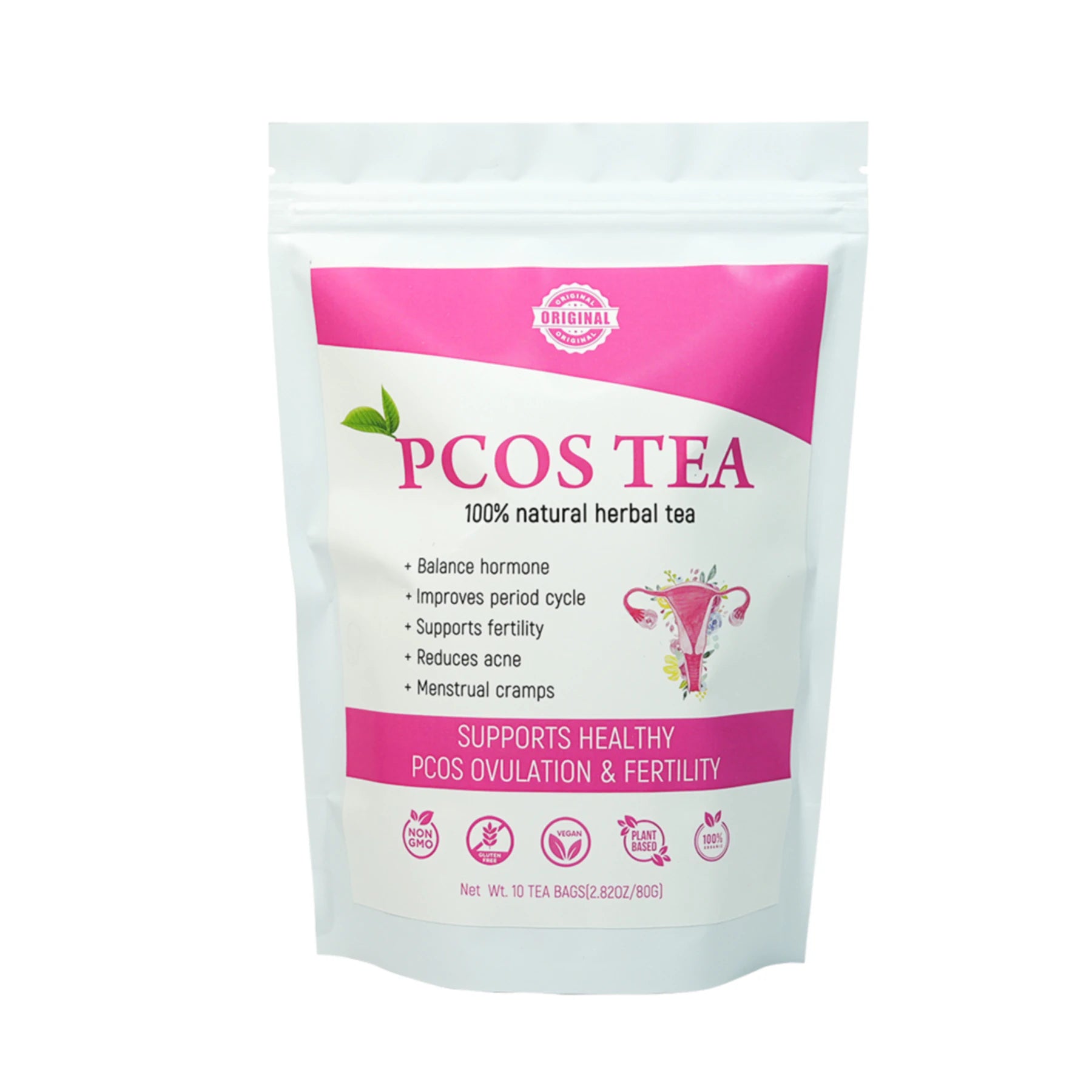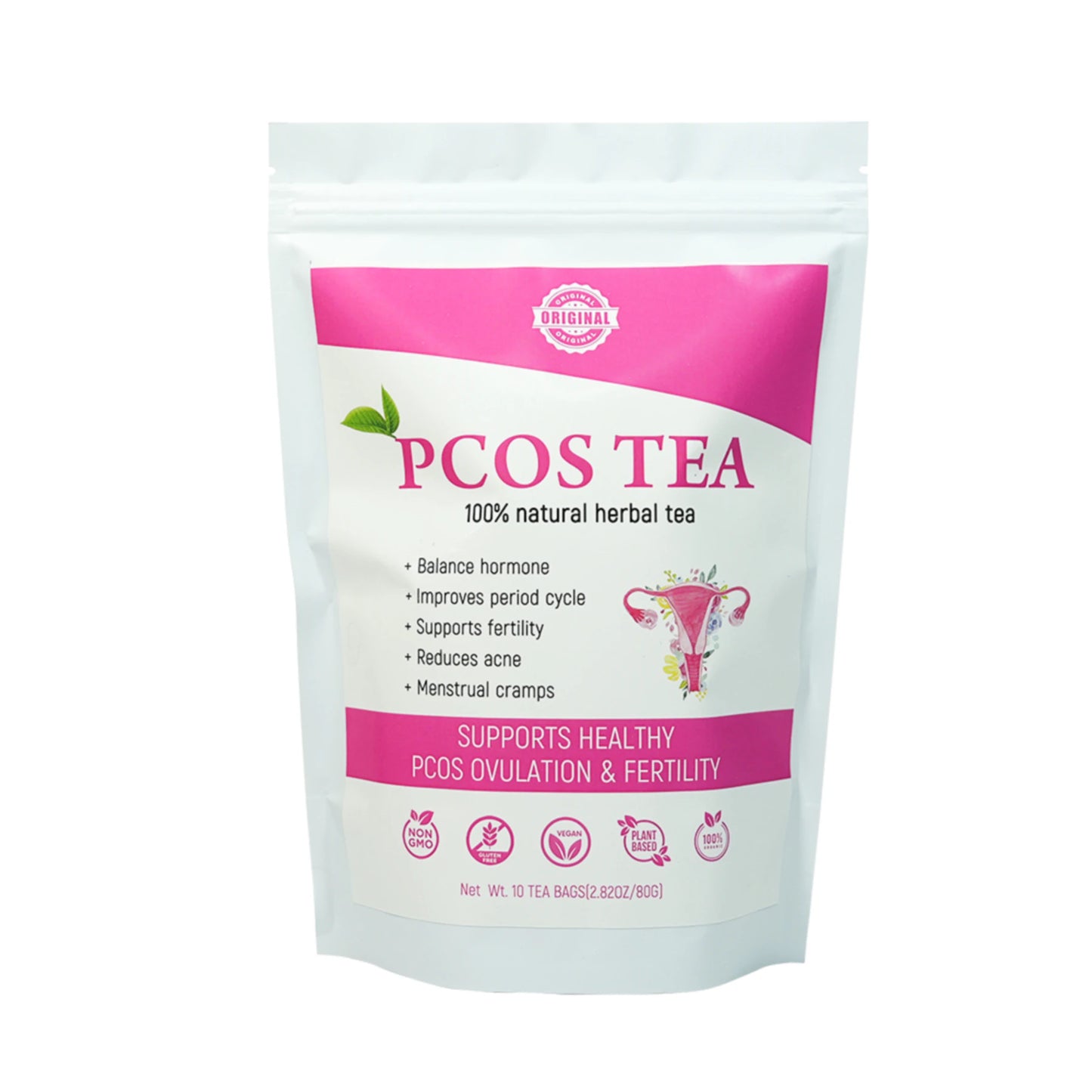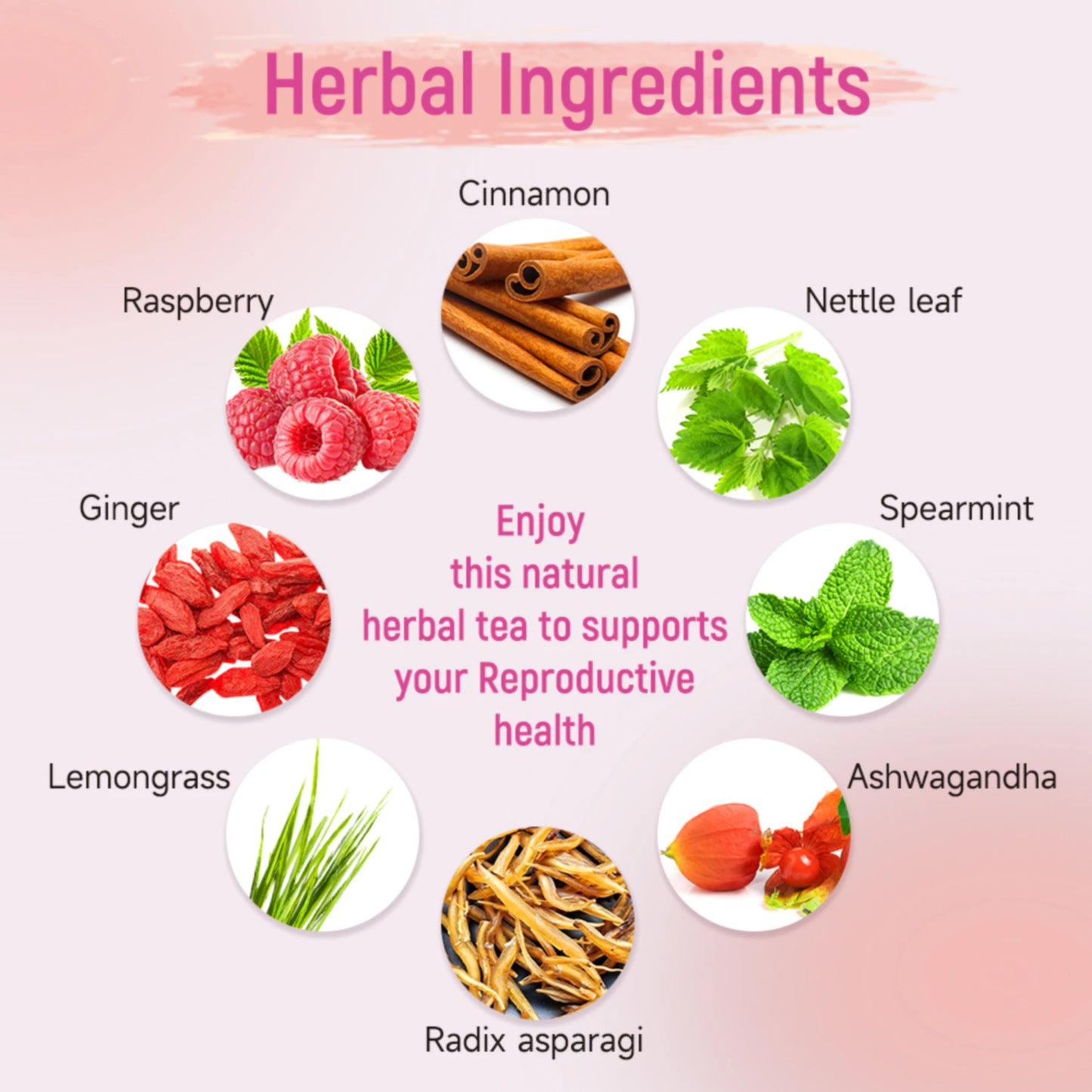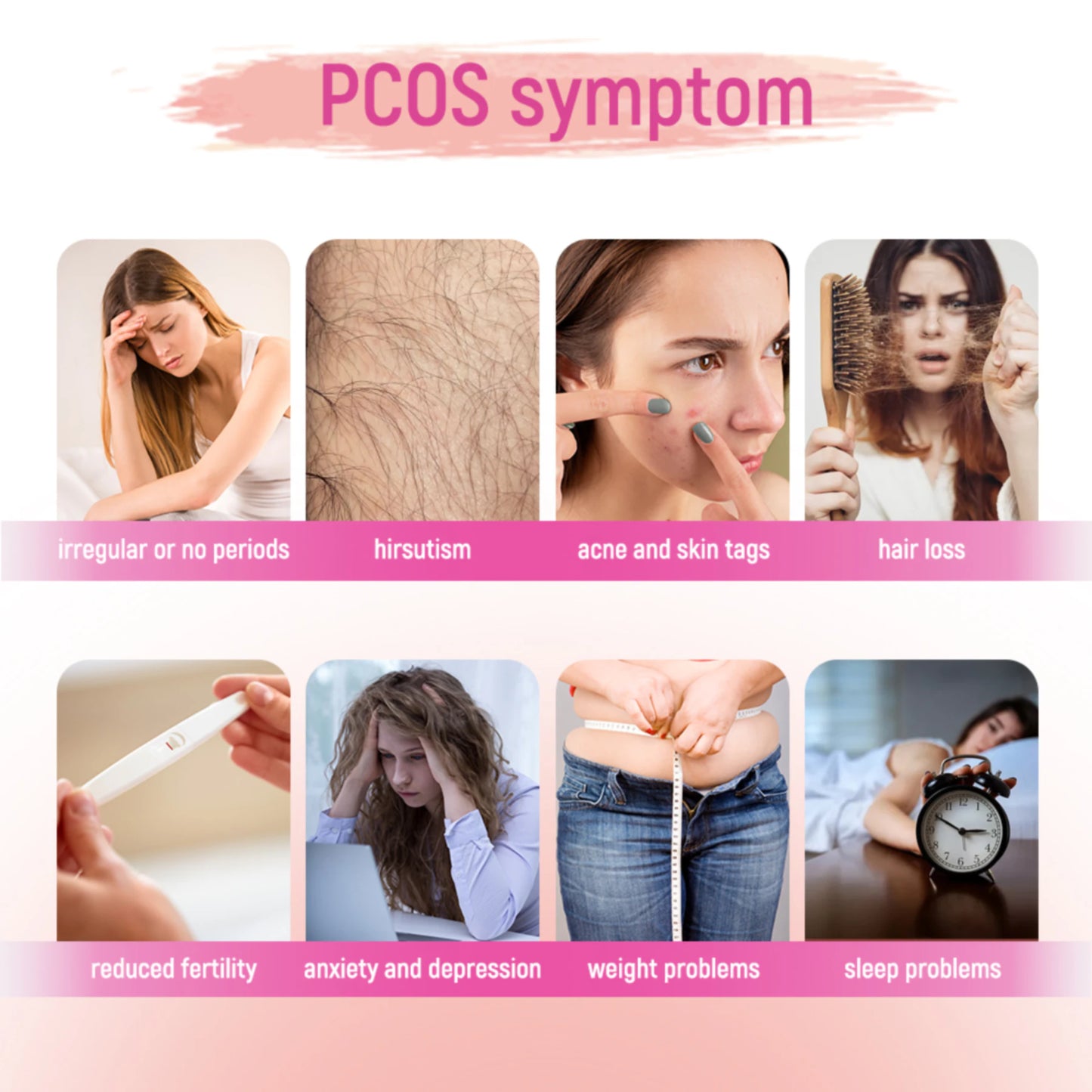What Causes Irregular Menstrual Cycles: How to Regulate Effectively
HiherbsOfficial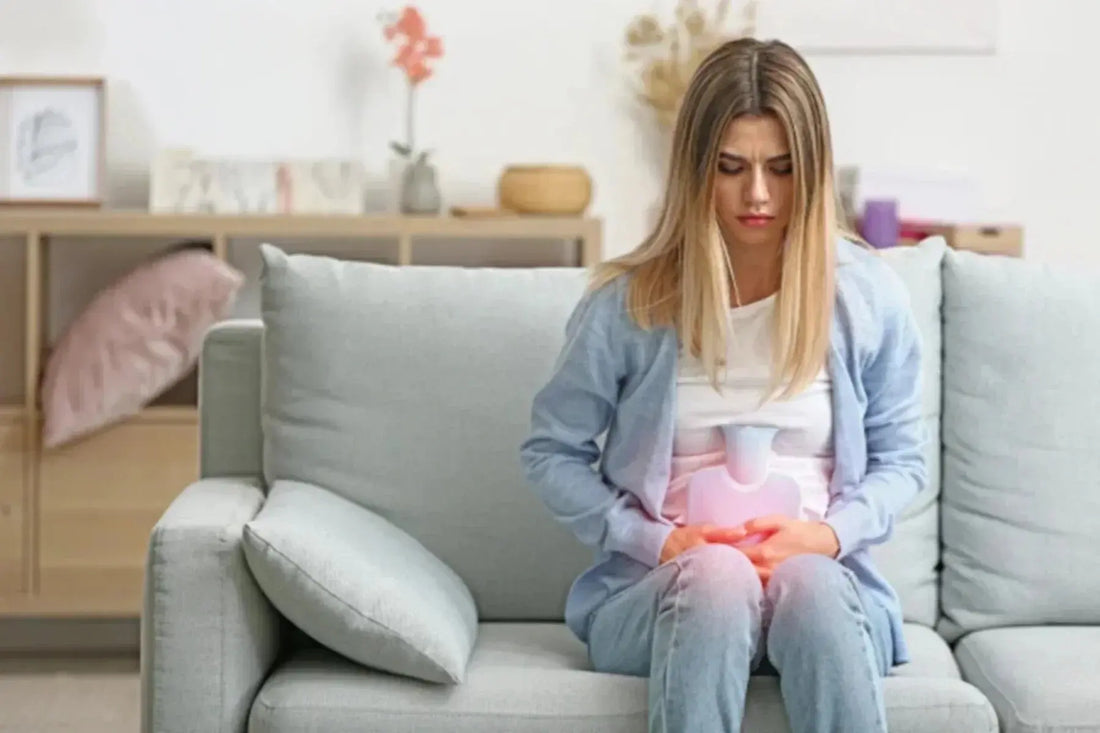
Share
Catalogs:
Irregular menstruation is an abnormality in the menstrual cycle, the amount of menstruation, or the duration of menstruation, resulting in a change in the regularity of menstruation.
Do you have any of these symptoms
- Irregular menstrual cycle: too short or too long an interval between periods, usually more than 35 days or less than 21 days, with an erratic cycle.
- Abnormal menstrual flow: too much (e.g., too much menstrual blood) or too little menstrual flow, resulting in long or short periods.
- Long or short periods: A normal menstrual cycle usually lasts for 3-7 days; if it lasts more than 7 days or less than 2 days, it is considered irregular.
- Dysmenorrhea: severe abdominal pain, lower abdominal cramps or back pain during menstruation, which affects daily life.
- Amenorrhea: menstruation that stops for 3 months or more, possibly due to pregnancy, breastfeeding, menopause, or other health problems.
- Intermittent or irregular bleeding: spotting or irregular bleeding during non-menstrual periods.
- Early or delayed menstruation: menstruation that occurs earlier or later than the expected date, as evidenced by an irregular cycle.
- Mood swings or physical discomfort: irregular menstruation is often accompanied by systemic symptoms such as mood swings, weight changes, headaches, and fatigue.
What are the causes of irregular menstruation
Menstrual irregularities can be caused by a variety of reasons, usually related to hormonal imbalances in the body, physical conditions or lifestyle changes. Here are some common causes:
1. Hormonal imbalance
- Polycystic Ovary Syndrome (PCOS): This condition is often accompanied by an imbalance in hormone levels, resulting in irregular or absent periods.
- Thyroid problems: Low (hypothyroidism) or high (hyperthyroidism) thyroid function can affect the menstrual cycle.
- Hyperprolactinemia: Excessive prolactin production can affect ovarian function and lead to irregular periods.
- Imbalance of estrogen and progesterone: An imbalance of these hormones in a woman's body can lead to irregular menstrual cycles.
2. Stress and mood swings
- Psychological stress: Emotional problems such as chronic stress, anxiety, and depression can affect hormone production in the body, which can lead to abnormal menstrual cycles.
- Mood swings: experiencing major emotional events or life changes, for example, may have an impact on the menstrual cycle.
3. Weight problems
- Too light or too heavy: Excessive weight loss or obesity may affect the hormone levels in the body, which in turn may lead to irregular menstruation.
- Extreme dieting or binge eating: Sudden weight fluctuations can disrupt menstrual patterns.
4. Dietary and nutritional deficiencies
- Unbalanced nutrition: lack of vitamins and minerals, especially iron, zinc and vitamin D, may affect the menstrual cycle.
- High-sugar and high-fat diet: This diet may trigger hormonal imbalance in the body, which in turn affects menstrual patterns.
5. Excessive exercise or lack of exercise
- Excessive Exercise: Excessive exercise may lead to loss of body fat, which in turn interferes with the menstrual cycle.
- Lack of exercise: Lack of sufficient exercise may affect metabolism and hormone secretion, resulting in irregular menstruation.
6. Diseases and health conditions
- Diabetes: People with diabetes may experience irregular periods due to insulin instability or fluctuating hormone levels.
- Diseases of the uterus or ovaries: Diseases such as endometriosis and fibroids can affect menstrual patterns.
- Chronic diseases: chronic conditions such as high blood pressure and heart disease may also affect menstruation.

endometriosis
7. Contraceptive methods
- Birth control pills: Women who use birth control pills sometimes experience irregular periods, especially when they first start or stop using the pill.
- Intrauterine devices (IUDs): Some types of IUDs may cause changes in the menstrual cycle.
8. Age Factors
- Puberty: In girls who have just started menstruating, the menstrual cycle may be erratic and usually becomes regular over time.
- Menopause: Women entering menopause often experience irregular menstrual cycles until they stop menstruating altogether.
9. Other factors
- Drug effects: Certain drugs, especially antidepressants, antipsychotics, chemotherapy drugs, etc. may affect the menstrual cycle.
- Lifestyle changes: e.g. traveling, moving house, changes in work environment, etc. may also temporarily affect menstrual patterns.
How to treat or regulate
1. Regulating hormone levels
If menstrual irregularities are related to hormonal imbalance, a common treatment is to regulate hormone levels in the body through medication or herbs. For example, the use of teas containing natural botanicals can help balance hormones in the body.
PCOS Tea: This tea contains ingredients that help regulate the symptoms associated with Polycystic Ovarian Syndrome (PCOS), which can help balance hormone levels and improve irregular periods.PCOS is one of the most common causes of menstrual irregularities, and the natural herbs found in PCOS Tea are known to boost ovarian function and improve the endocrine environment. Commonly found ingredients like Cinnamon, Nettle leaf, Raspberry (fruit),Ginger, Spearmint, Lemongrass, Ashwagandha, Radix asparagi can help improve PCOS.
 |
Hiherbs Pcos Tea
|
2. Improve uterine health
Some menstrual irregularities are related to the health of the uterus, and by toning the uterus and cleansing the body of toxins and wastes, it helps to restore a normal menstrual cycle.
Womb Detox Tea: This tea helps to cleanse the uterus, flushing out toxins and unwanted waste from the body and improving the environment of the uterus. It helps in improving blood circulation and detoxification and is suitable for those women who have irregular periods or have ovulation problems. Common ingredients such as Longan, Red dates, Wolfberry, Angelica, Dried ginger, Roses, Peony flowers are known to help detoxify the uterus!
 |
Hiherbs Womb Detox Tea
|
3. Regulate diet and lifestyle
Improving your diet, maintaining a proper weight and a regular schedule are also important steps in treating irregular menstruation. Avoiding excessive stress, maintaining mental health, and maintaining a healthy diet can significantly improve the menstrual cycle.
Suggested diet: Eat foods rich in vitamin B complex, iron, zinc, etc. Exercise in moderation and avoid drastic weight loss or excessive dietary restrictions.
4. Stress relief
Since psychological factors such as stress, anxiety, and mood swings may also affect the menstrual cycle, it is important to learn to relax and manage stress.
Suggested ways: Meditation, yoga and deep breathing to help yourself relax and improve the body's hormonal balance.
Summary
Overall, irregular menstruation not only affects a woman's physical health, but may also affect her daily life and psychological state. If you find yourself with symptoms of irregular menstruation, don't ignore it. Understanding the causes and common symptoms of irregular menstruation, seeking professional medical help in time, as well as adjusting your lifestyle and diet are all important measures to regulate and restore your menstrual health. In addition, suitable herbal products, such as PCOS Tea and Womb Detox Tea, can help ease irregular periods and promote balance and health in the body. Remember, it is important to remain patient and consistently pay attention to your body's signals in order to better manage your menstrual health and return to a normal cycle.
I hope this article has helped you better understand irregular periods and how to manage them. If you have any questions or would like more advice on regulating your periods, feel free to contact us.


